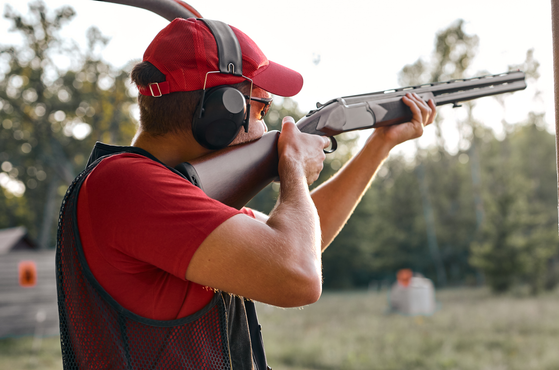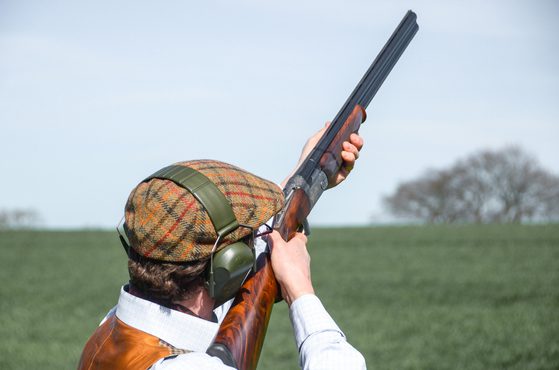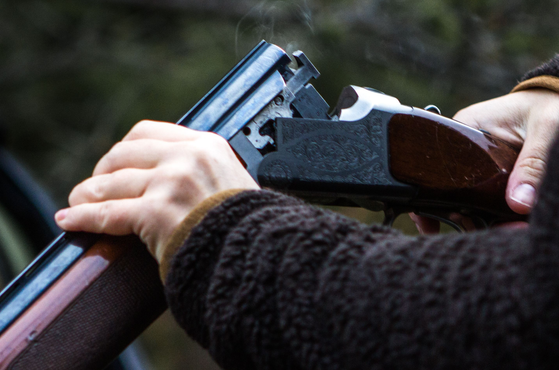Firearms safety, security and compliance explained

Leading firearms lawyer Lachlan Nisbet explains the security and safety conditions’ on your firearms or shotgun certificate and how to ensure compliance.
Read more
We make the difference. Talk to us: 0333 004 4488 | hello@brabners.com
AuthorsLachlan Nisbet
3 min read

Our leading firearms team deals with hundreds of clients each year who seek advice on bringing challenges against the number of refusal decisions made by their respective police forces with regard to shotgun or firearm certificates or registered firearms dealer (RFD) registrations.
Here, leading firearms lawyer Lachlan Nisbet explains how the appeal process works.
This article was first published by Gun Trade Insider.
Appeal cases of this nature are now prepared in a fairly routine way, following a judicial review case known as Mason which broadly provides for disclosure to be made by the Police first.
The appellant will then prepare and issue their case before discussion is had around the issues at play. This includes suitability, availability and more, all of which leads to a listing. This is a hearing date at which a circuit judge (and experienced crown court judge) and two lay magistrates (tribunals usually sit as a panel of three for investigations courts) will determine the fate of the appellant’s case.
As a general rule, all legal proceedings in England and Wales see the material that parties seek to rely on being disclosed together with (in most cases) any other ancillary material that might be relevant to a party’s pleaded case. There’s nothing controversial in the idea that fairness demands that police forces that have decided a person is unsuitable to hold a certificate should demonstrate why, set out the evidence for their decision and have that evidence disclosed so that it can be tested in a hearing.
An interesting development that we have seen recently has been the use of Public Interest Immunity (PII) and Closed Material Proceedings (CMP) in firearms licensing cases. These legal mechanisms are commonly used in more overtly security-based situations, such as those relating to individuals who are suspected of involvement in terrorist activities.
The legal principle underlying PII and CMP is that there are certain types of sensitive evidence that — if disclosed in open court — could endanger national security, law enforcement processes or public safety. In such cases, this evidence is withheld from the appellant and their legal team but may still be relied on by the decision-makers (in this case, the Police and the courts).
While PII and CMP are intended to protect the wider public interest, the use of these legal mechanisms in firearms licensing cases raises important questions about fairness and transparency. If evidence is withheld from the appellant, how can they challenge it effectively?
These legal challenges are complex and sensitive. If you find yourself in a situation where your firearms or shotgun certificate has been revoked or refused, it’s essential to seek expert legal advice.
If you need advice on making a challenge against a firearms licence refusal or revocation, talk to us by calling 0333 004 4488, emailing hello@brabners.com or completing our contact form below.
Our nationally recognised solicitors help you to navigate the complexities of firearms law and our free-to-use firearms law helpline (0151 600 3420) provides fast access to advice when you need it most.
Lachlan Nisbet
Lachlan is a Partner in our regulatory and professional conduct team and leads our Brabners Protect team. He is acknowledged as the UK’s leading firearms and field sport lawyer.
Read more
Loading form...

Leading firearms lawyer Lachlan Nisbet explains the security and safety conditions’ on your firearms or shotgun certificate and how to ensure compliance.
Read more

We explain how the appeals process works when bringing challenges against firearms licence refusal decisions made by police forces.
Read more

Amid an increase in firearms certificate refusals and revocations, having comprehensive insurance as a licence holder is crucial to protect your rights.
Read more